The Real Deal: Four Natural Sugar Alternatives
People always ask me if being sugar free means I don’t eat desserts anymore. I didn’t eat any desserts or alternative sweeteners for the first two years of giving up sugar. I was afraid it might take me back to my dysfunctional love affair with Ben & Jerry’s ice cream. I think it’s a good idea to develop a taste for real food, savory foods – and use desserts as an occasional treat. For those occasions, these four fructose-free sugar alternatives are my go-to choices.
Four Natural Sugar Alternatives
Stevia – Sweet revenge.
Stevia is a plant-based sweetener, made from the leaf of the stevia plant. This versatile sweetener is fructose-free, calorie-free, and has no glycemic impact, meaning it doesn’t cause a rise in blood sugar. Stevia straight off the plant is 40 times sweeter than sugar, and, when commercially processed, stevia is up to 200 times sweeter. Stevia is also great for cooking, baking, and adding to hot drinks, as it is heat stable, pH stable, and will not ferment. Some say the aftertaste can be slightly metallic. If that bothers you, look for stevia with a little monk fruit added, which cuts the metallic taste. (Just make sure there isn't any added sugars, dextrose, etc.)
We at Project Sugar Free suggest that when purchasing stevia, you check to ensure the ingredients include only pure stevia, with no added artificial colors, flavors, or preservatives. Or you can get really wild and make your own stevia, by watching this great video from Whole Lifestyle Nutrition.
Monk Fruit – How Zen.
Monk fruit is a small melon native to China and Thailand. It was first cultivated by Buddhist monks in the 13thcentury, hence the name. Monk fruit extract is 150-200 times sweeter than sugar, won’t raise your blood sugar, is fructose-free, and generally calorie-free in its pure, powdered form. According to Keri Glassman M.S., R.D.N., founder of Nutritious Life, “It also contains antioxidants and is said to support the immune system, digestive tract, glands, and respiratory system.”
We are always advocates of checking labels. When purchasing monk fruit extract, check to ensure that no sugar was added.
Erythritol – Seriously? This can’t be natural.
It is natural! Erythritol is a naturally occurring sugar alcohol, commonly found in pears, watermelons, grapes, and fermented products. Approximately 75% as sweet as sugar, it is fructose-free, low in calories, and has no glycemic impact. Unlike similar sugar alcohols—like xylitol, sorbitol, and maltitol—erythritol tends not to cause intestinal distress if used sparingly. Erythritol is available as a granulated sugar, powdered sugar, or as a syrup, which makes it a handy substitute for most recipes.
Non-GMO erythritol is readily available from health food stores, and from Amazon.
Brown Rice Syrup – No chopsticks required.
Brown rice syrup is made from cooked and fermented brown rice. Organic brown rice syrup is gluten-free, and thus suitable for vegan diets. Although this sweetener is fructose-free, it has a high amount of glucose, with a glycemic index of 98, so it is not a good choice for diabetics.
Brown rice syrup is less sweet tasting than sugar, and it has about 75 calories per tablespoon. While it’s a great substitute for honey, because of its impact on blood sugar, we recommend using it sparingly.


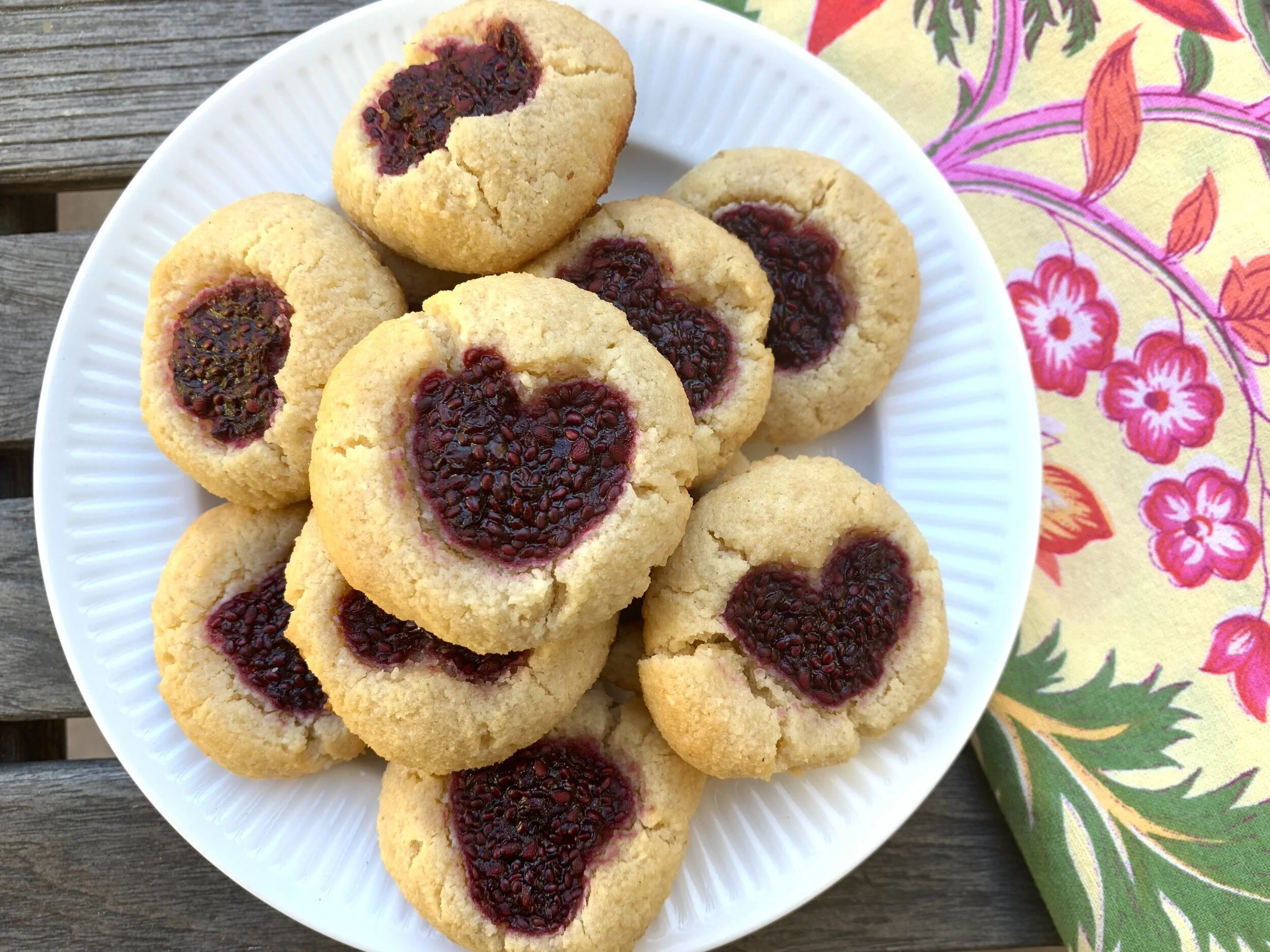
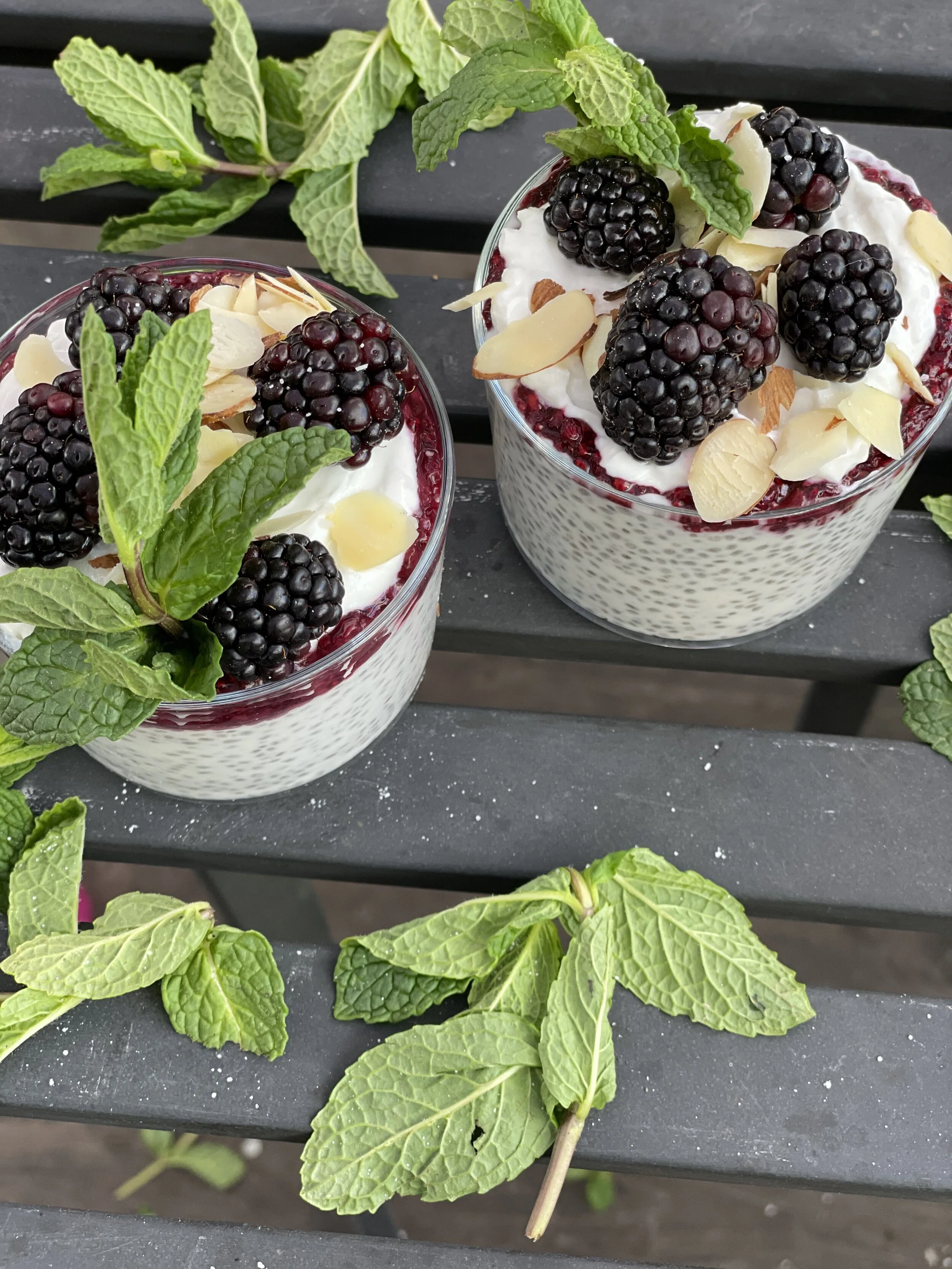
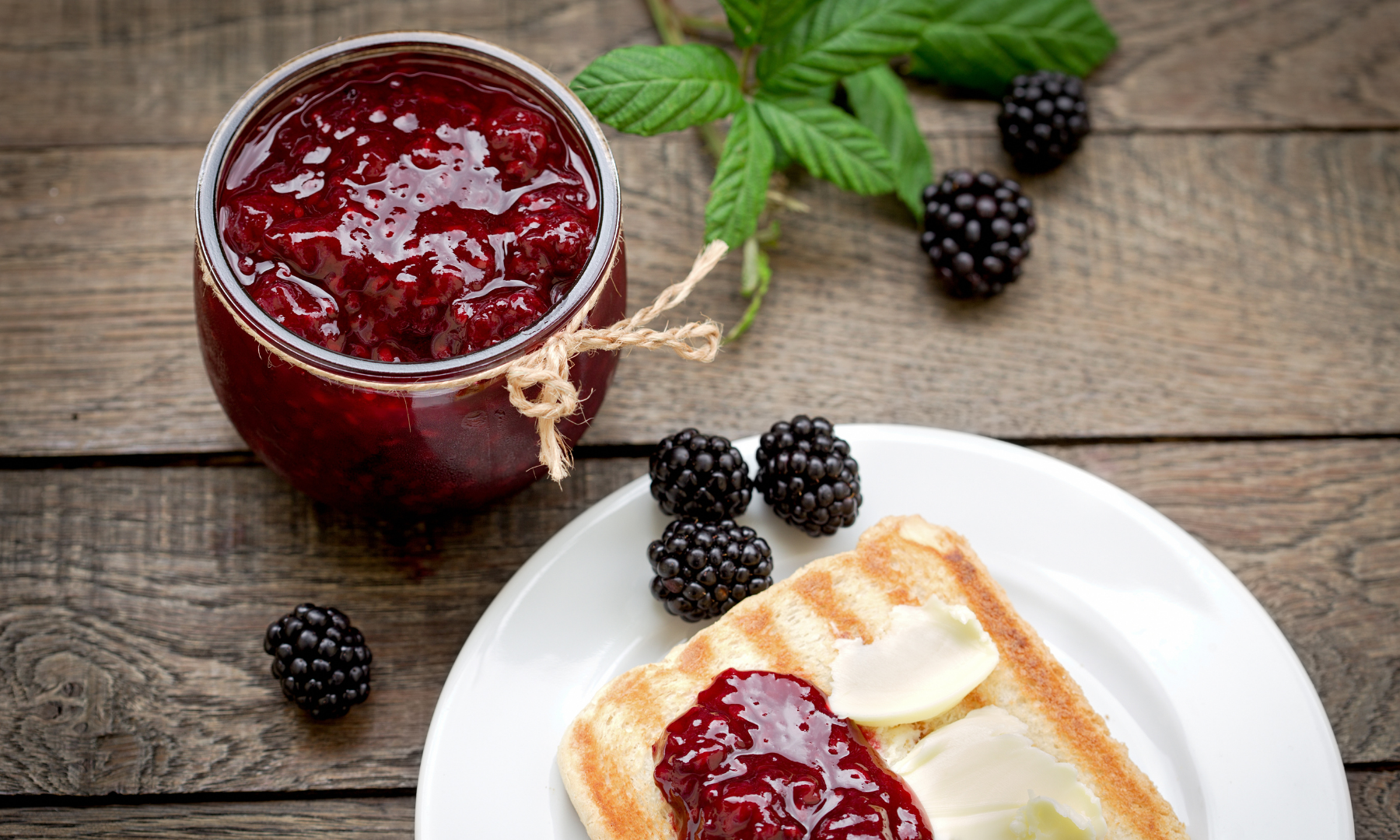
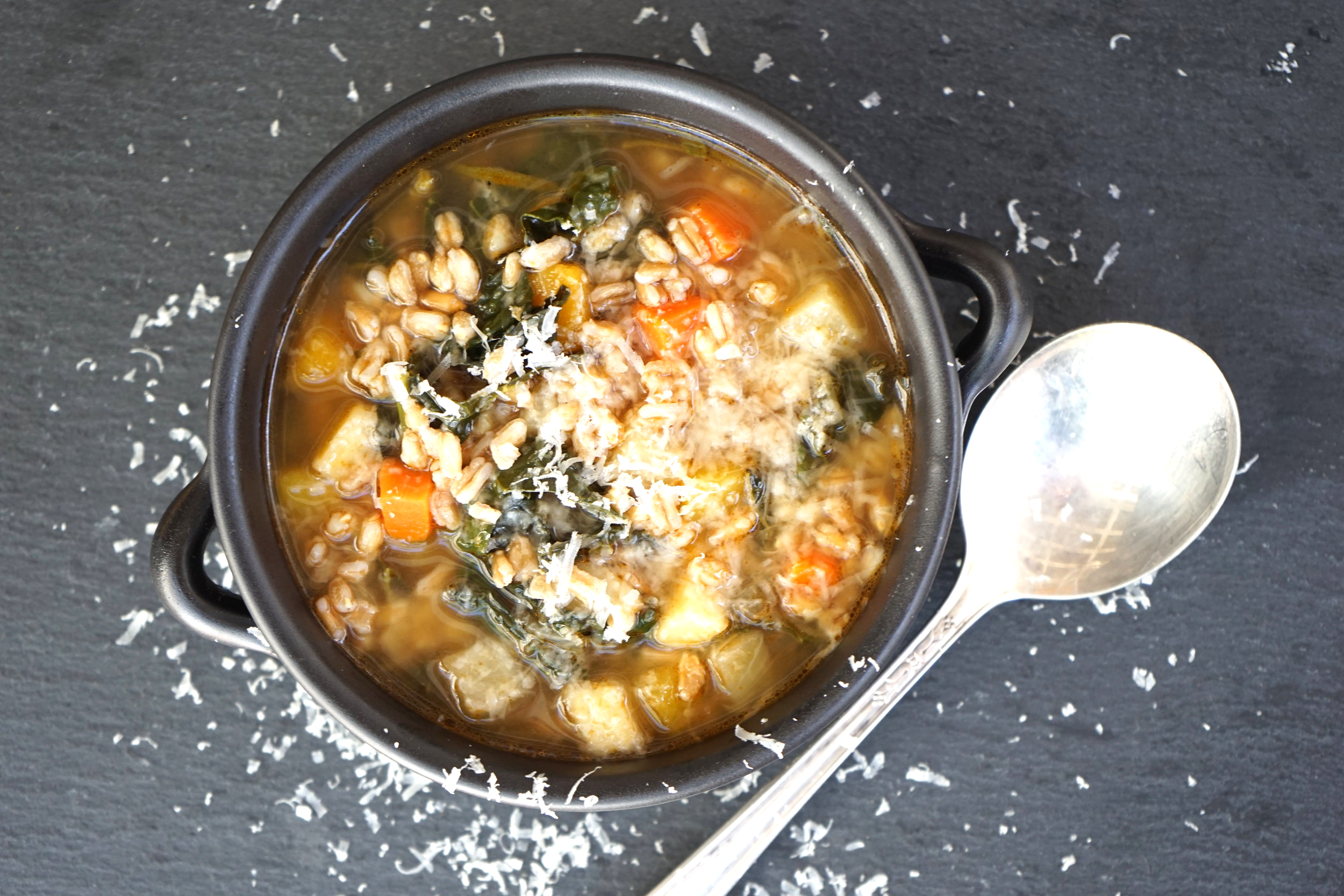
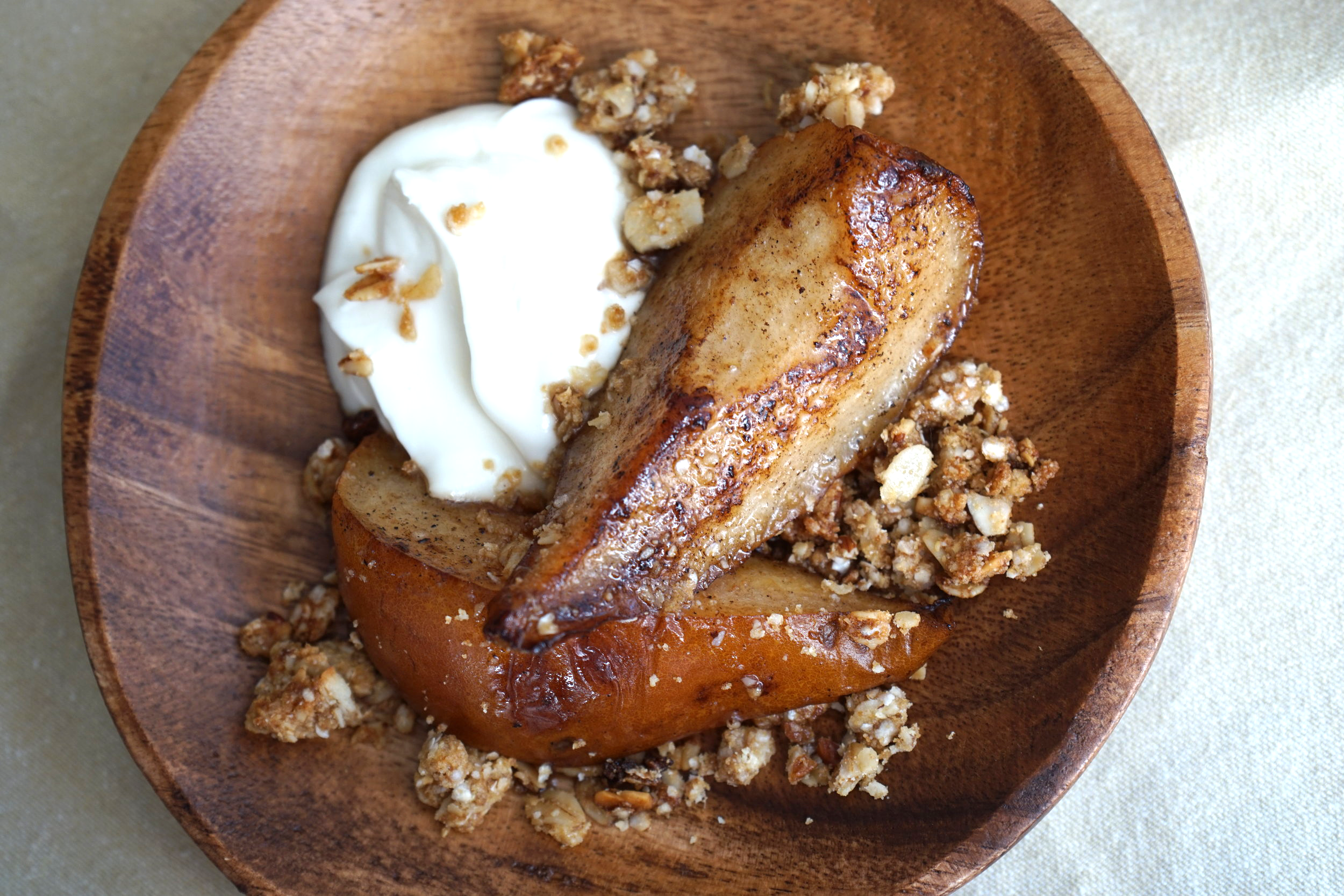
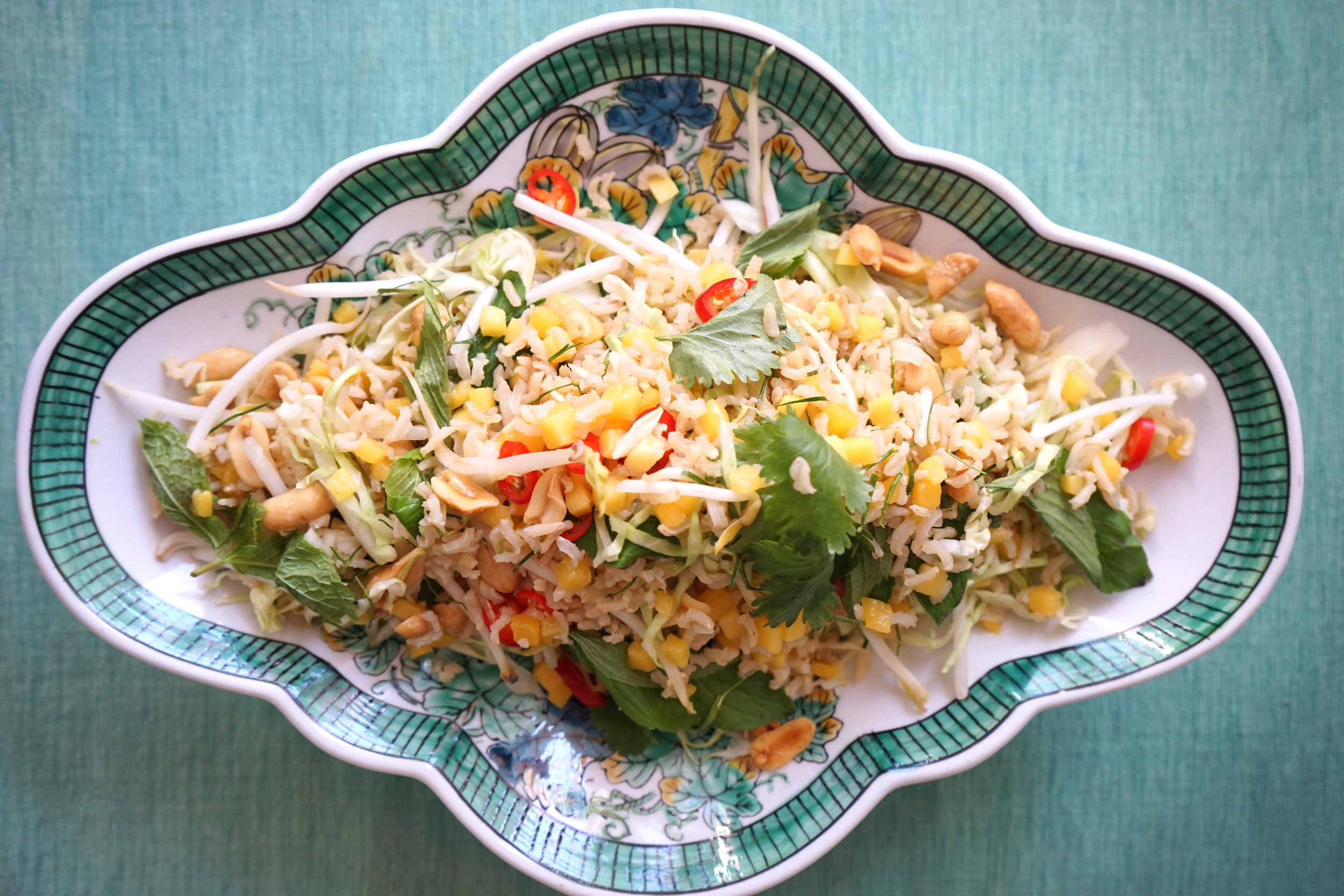
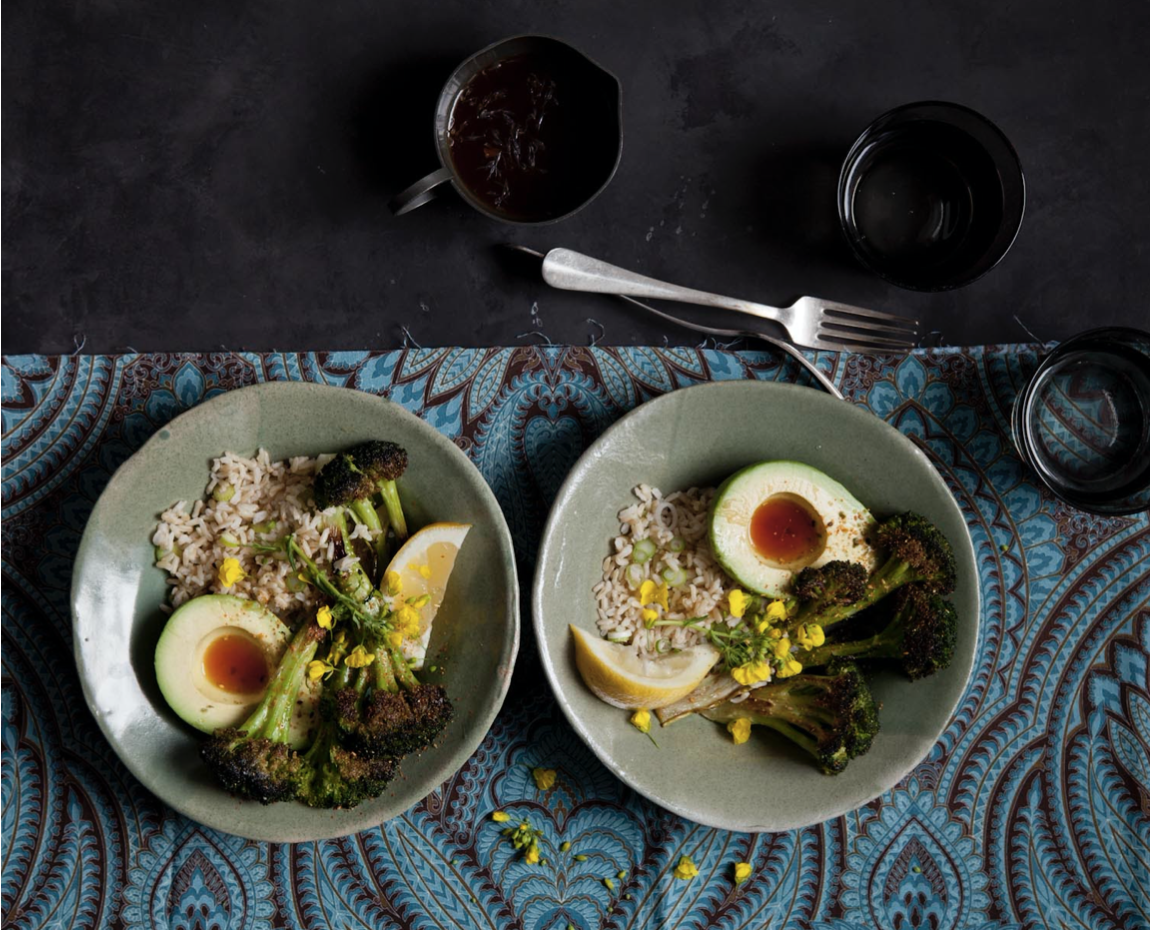
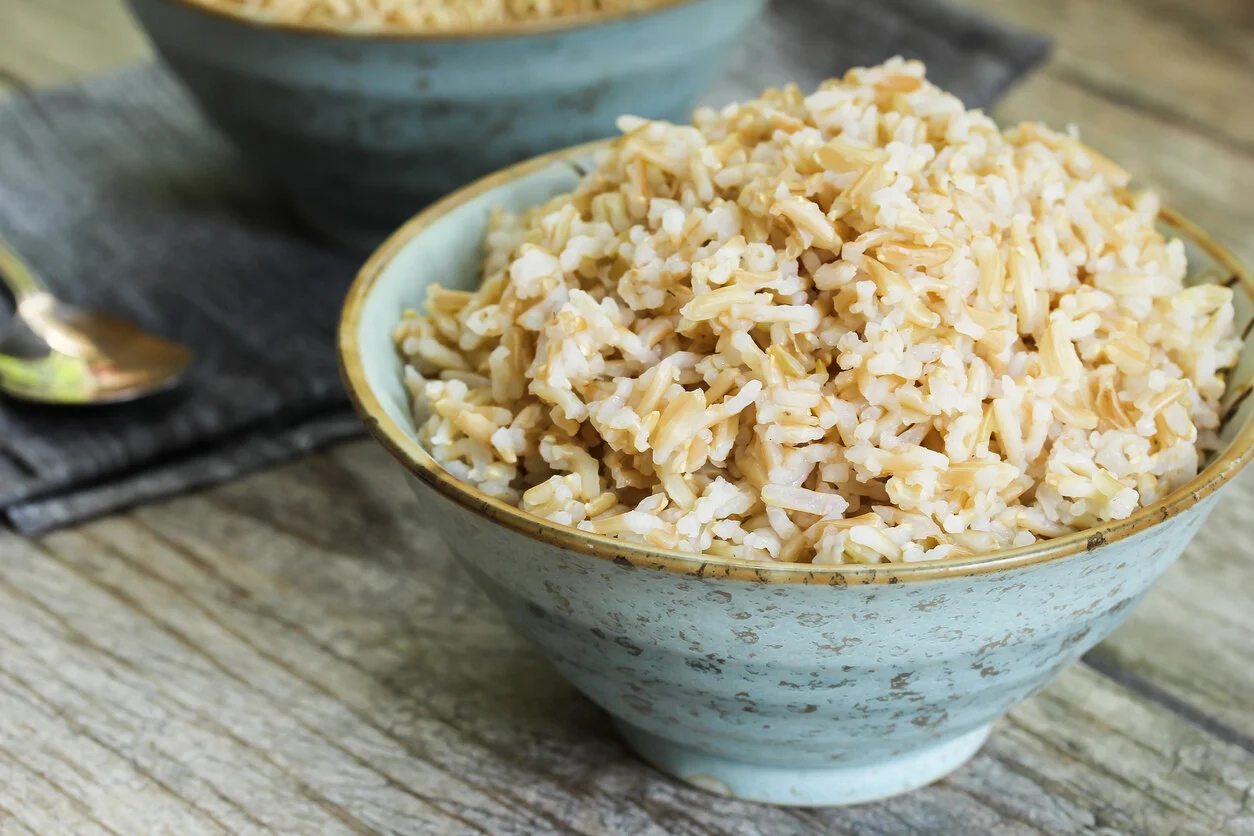
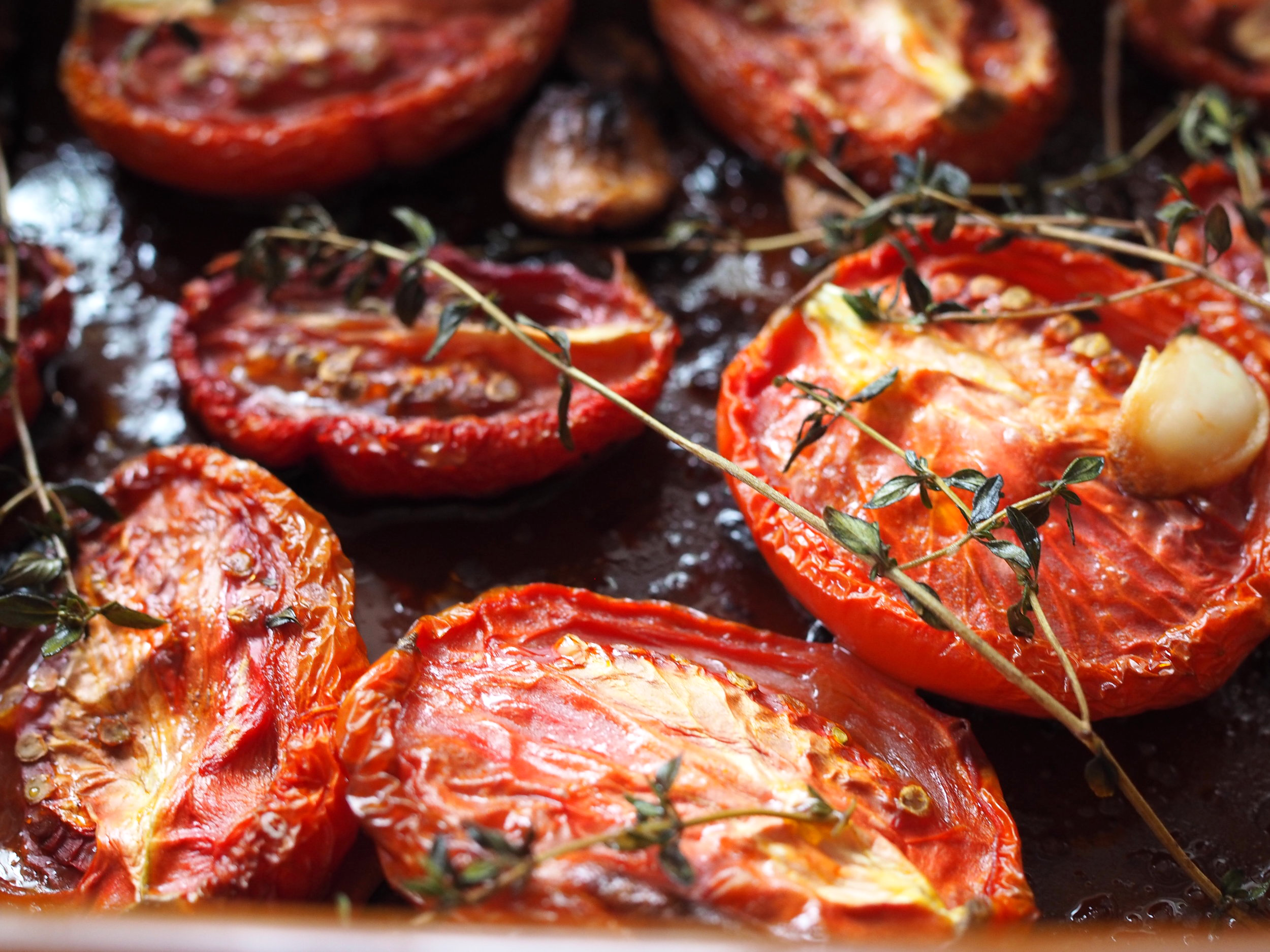
I eat this delicious crunchy cereal with milk, yogurt, fresh ricotta cheese, or I munch on it by itself as a snack. Despite the word “wheat” in the name, buckwheat is gluten-free.